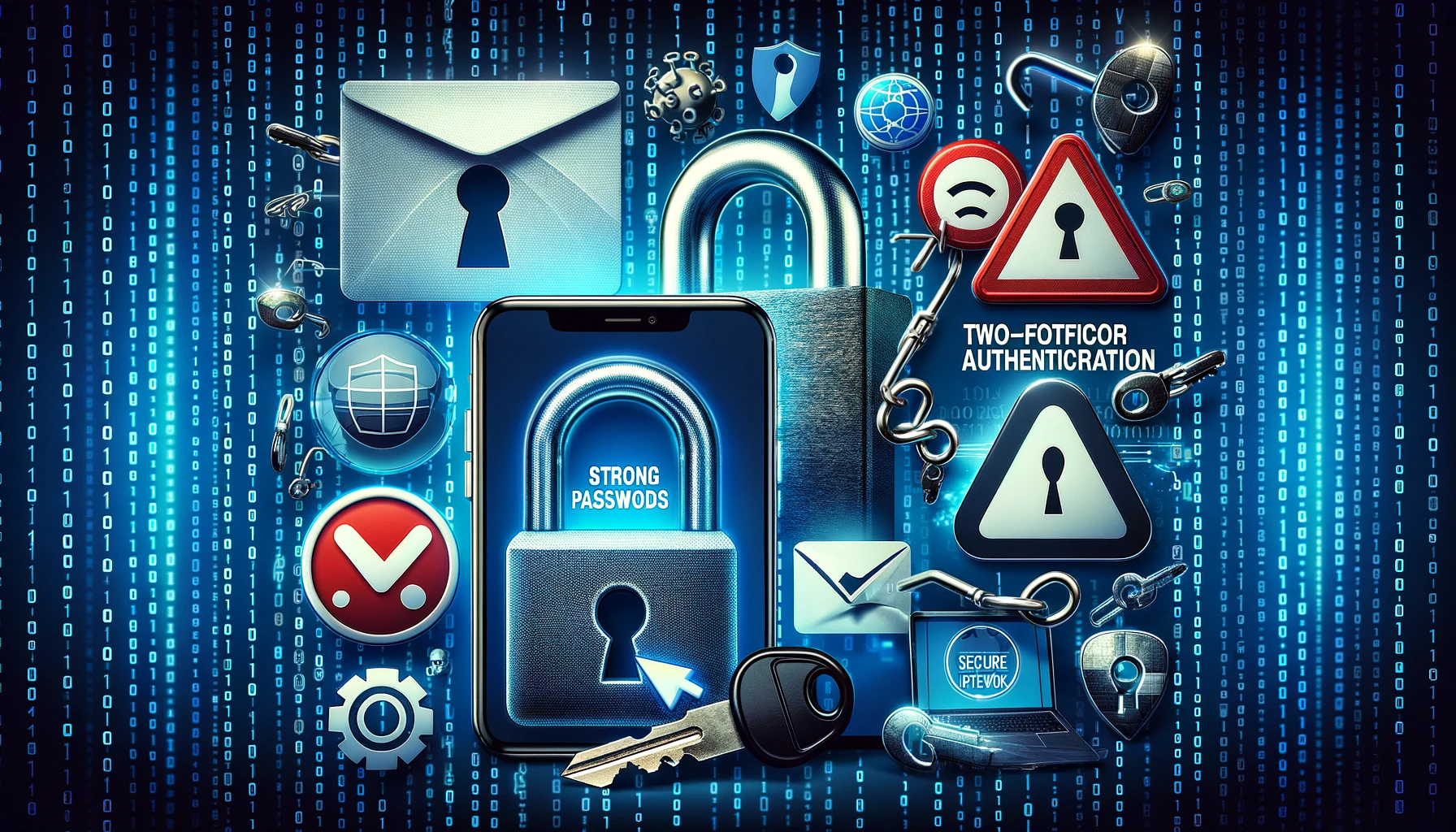In the digital age, the internet has become an integral part of our daily lives, offering a vast repository of information and endless opportunities for communication, learning, and entertainment. However, this vast digital landscape also comes with its share of risks, including privacy breaches, identity theft, and various forms of cybercrime. Protecting yourself online is crucial to safeguard your personal information and ensure a safe browsing experience. Here are five essential tips for staying safe on the internet:
1. Use Strong, Unique Passwords for All Accounts
One of the simplest yet most effective ways to protect your online accounts is by using strong, unique passwords. A strong password is typically at least 12 characters long and includes a mix of letters, numbers, and special characters. Avoid using easily guessable information, such as birthdays or common words. Consider using a password manager to generate and store complex passwords for you. This not only strengthens your security but also makes it easier to manage your passwords.
2. Enable Two-Factor Authentication (2FA)
Two-factor authentication adds an extra layer of security to your accounts by requiring a second form of verification in addition to your password. This can be something you have (like a smartphone app generating a code) or something you are (like a fingerprint or facial recognition). Enabling 2FA can significantly reduce the risk of unauthorized access to your accounts, even if someone manages to guess or steal your password.
3. Be Wary of Phishing Attempts
Phishing is a common technique used by cybercriminals to trick individuals into revealing personal information, such as passwords and credit card numbers. This is often done through emails or messages that appear to be from legitimate sources but are actually fraudulent. Protect yourself by verifying the authenticity of messages, especially those requesting sensitive information. Avoid clicking on links or downloading attachments from unknown or suspicious sources.
4. Keep Your Software and Systems Up to Date
Cybercriminals often exploit vulnerabilities in outdated software to gain unauthorized access to systems. By keeping your operating system, web browsers, and any installed software up to date, you can protect yourself against these vulnerabilities. Most software can be set to update automatically, ensuring you’re always running the latest versions with the latest security patches.
5. Use Secure Networks and Be Cautious with Public Wi-Fi
Whenever possible, use a secure, encrypted network for your internet connections. Public Wi-Fi networks, such as those found in cafes or airports, can be convenient but are often not secure. If you must use public Wi-Fi, avoid conducting sensitive transactions, like online banking or shopping. Consider using a virtual private network (VPN) to encrypt your internet traffic, which can provide an additional layer of security when using less secure networks.
Conclusion
Staying safe on the internet requires vigilance and a proactive approach to security. By following these tips, you can significantly reduce your risk of falling victim to cyber threats and enjoy a safer online experience. Remember, the key to online security is continuous education and adapting to new threats as they arise. Stay informed, stay secure, and navigate the digital world with confidence.

